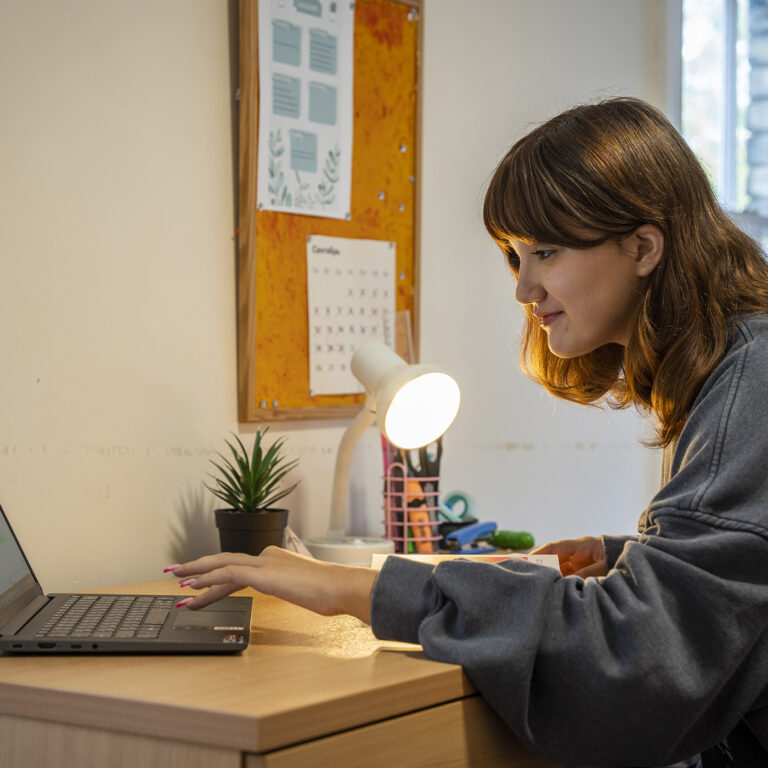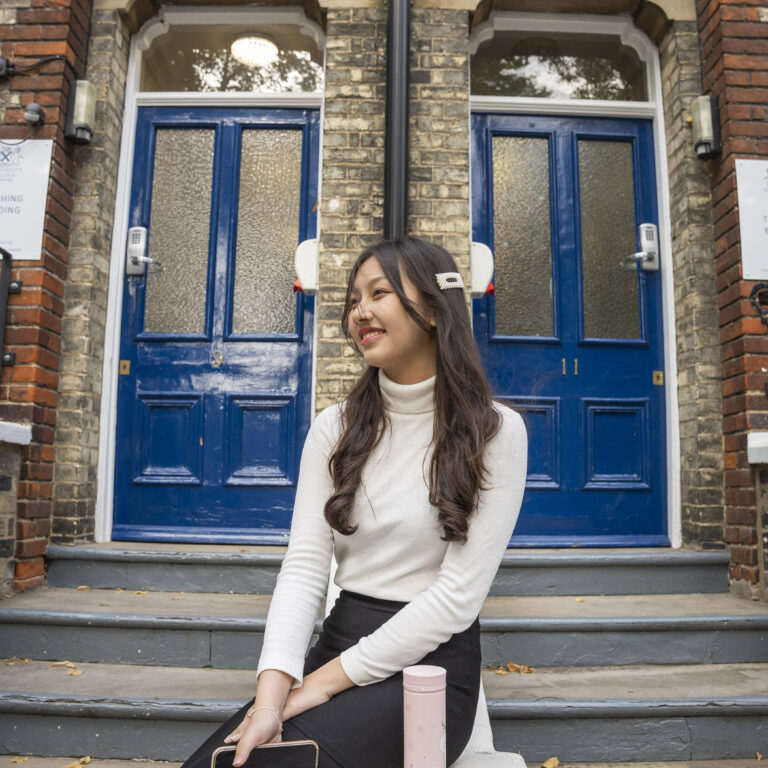At St Andrew’s we take the looking after of our students very seriously to ensure they have as happy and fulfilled a time with us as possible. Safeguarding is defined as:
- Protecting children and young people from abuse
- Preventing any damage to children and young people’s health and development
- Making sure that children and young people grow up in a safe and caring environment
- Helping all children and young people to have the best outcomes in life
Here at St Andrew’s we safeguard our students in the following ways:
- The college is a safe space. You can talk to any member of staff if you are worried about something or if you do not feel safe, and they will listen to you
- All staff are trained in safeguarding. This means they know how to listen to young people, how to notice if something is not right, and what they should do if they are concerned about a student
- The Head of Pastoral Care and the college Principal have advanced safeguarding training, including what to do if a student suffers from abuse
- In PSHE lessons, you will be taught about how to recognise abuse and how to keep yourself safe, including online
- The college does not tolerate any form of abuse between students. This includes bullying (face to face or online, such as on social networking or messaging apps) sexual violence or harassment (including sharing sexual images of another student, touching them without their consent, or unwanted sexual comments or messages
What should I do if I feel unsafe?
- If you feel unsafe, worried, scared or upset, please talk to any member of staff whom you feel comfortable with. This might be your teacher, House Manager or someone in the office. They will listen to you and help you to get the support you need.


